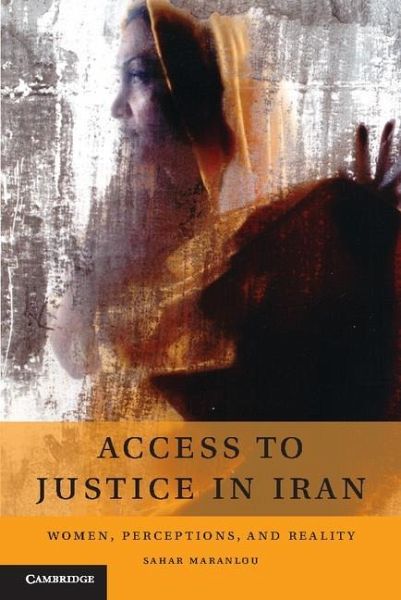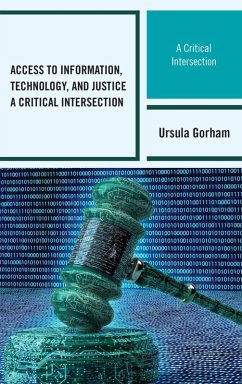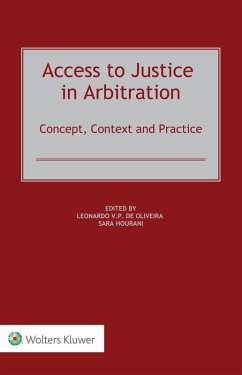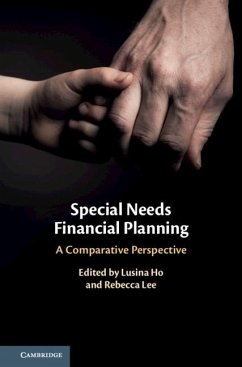
Access to Justice in Iran (eBook, ePUB)
Women, Perceptions, and Reality
Versandkostenfrei!
Sofort per Download lieferbar
17,95 €
inkl. MwSt.
Weitere Ausgaben:

PAYBACK Punkte
9 °P sammeln!
This book offers a critical and in-depth analysis of access to justice from international and Islamic perspectives. Existing Western models have highlighted the mechanisms by which individuals can access justice; however, access to justice incorporates various conceptions of justice and of its users. This book evaluates the historical development of the justice sector in Iran and discusses issues including the performance of the justice sector, judicial independence, efficiency and accessibility, and normative protection, together with an analysis of barriers. It explores the legal empowerment...
This book offers a critical and in-depth analysis of access to justice from international and Islamic perspectives. Existing Western models have highlighted the mechanisms by which individuals can access justice; however, access to justice incorporates various conceptions of justice and of its users. This book evaluates the historical development of the justice sector in Iran and discusses issues including the performance of the justice sector, judicial independence, efficiency and accessibility, and normative protection, together with an analysis of barriers. It explores the legal empowerment of users, with a specific focus on women, and presents the findings of a survey study on the perceptions of Iranian women. This study is designed to focus on women's basic legal knowledge, their familiarity with legal procedure, perceptions of cultural barriers, issues that influence their preference for mechanisms of formal or alternative dispute solutions, and their level of satisfaction with their chosen courses of action.
Dieser Download kann aus rechtlichen Gründen nur mit Rechnungsadresse in A, B, BG, CY, CZ, D, DK, EW, E, FIN, F, GR, HR, H, IRL, I, LT, L, LR, M, NL, PL, P, R, S, SLO, SK ausgeliefert werden.













